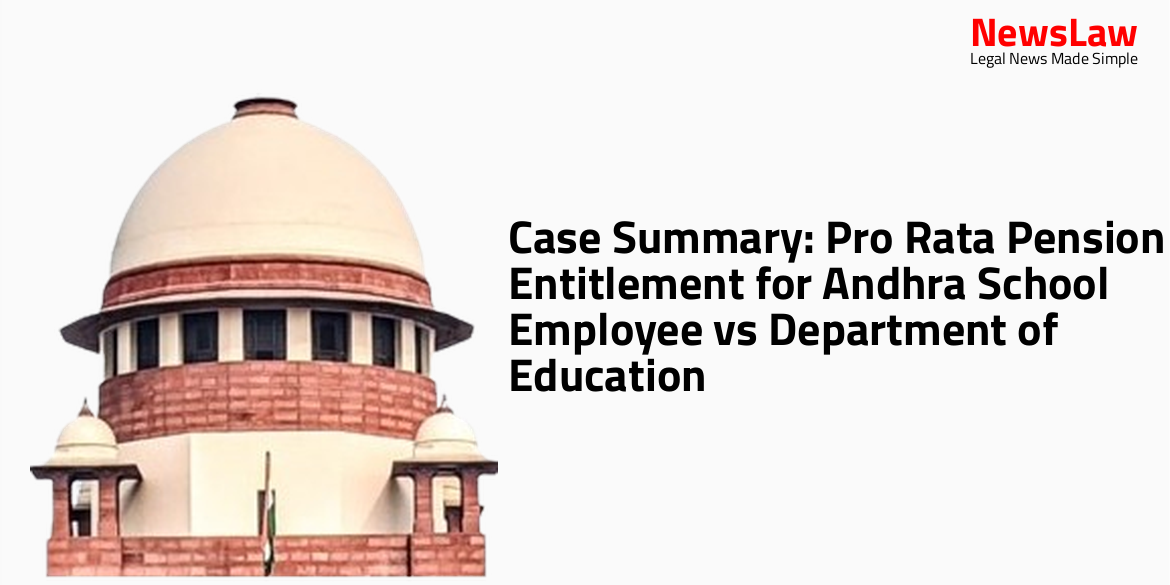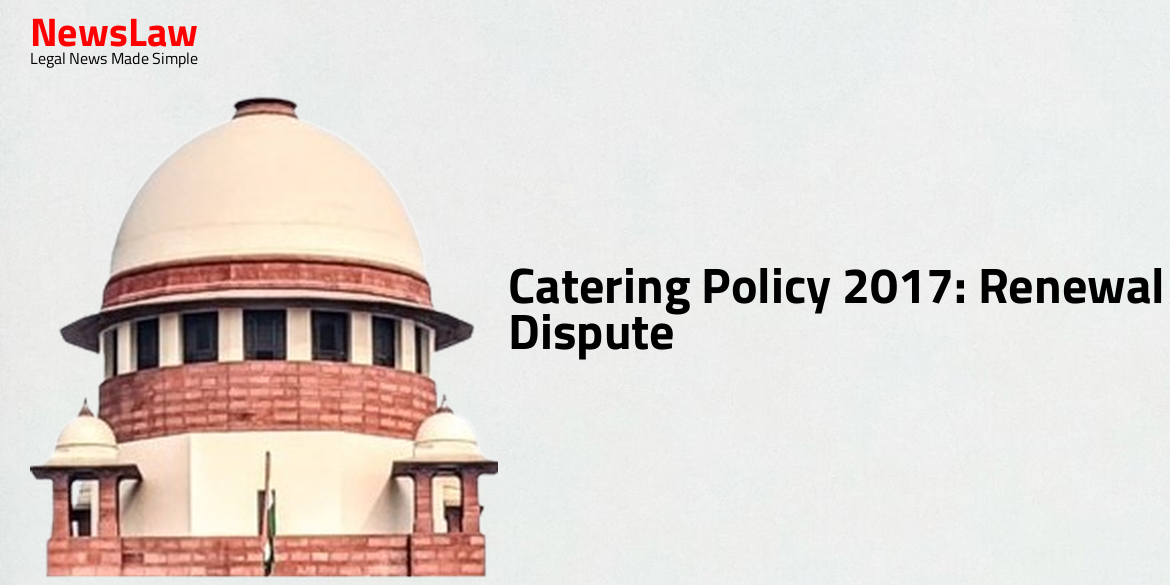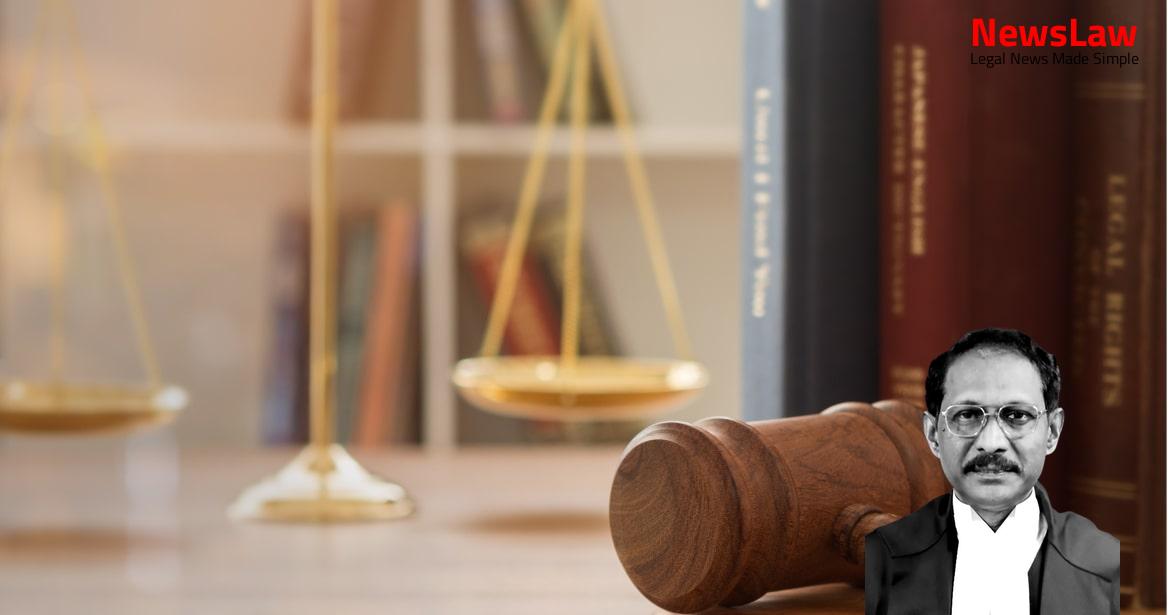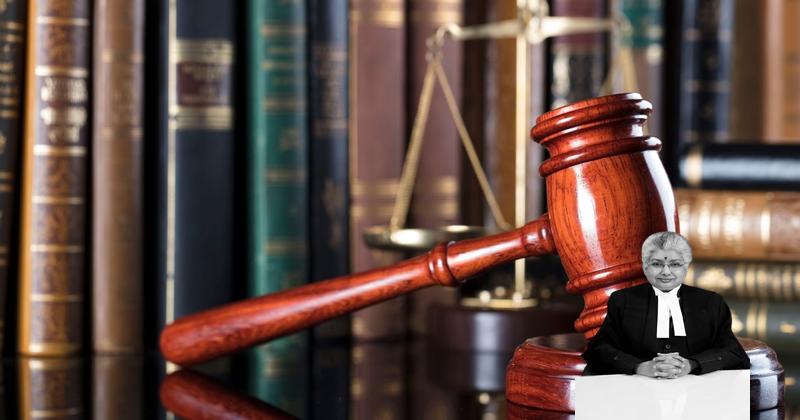In a significant legal battle, the Andhra School Employee fought against the Department of Education for pro rata pension entitlement. The Delhi High Court’s judgment brings clarity and justice to the issue at hand. This case sheds light on the importance of upholding rights in the educational sector. Read on to understand the intricacies of this noteworthy legal battle.
Facts
- The petitioner was appointed as an Upper Division Clerk on 01.02.1977 at Smt. Durgabhai Deshmukh Memorial Senior Secondary School, New Delhi.
- The said school is controlled and managed by Andhra Education Society, a Linguistic Minority School.
- The petitioner was selected by the NVS School (Hyderabad Region) on deputation as an Office Superintendent.
- The NVS School requested the extension of the deputation period multiple times, which was accepted by the Andhra School.
- The petitioner’s technical resignation was accepted by the Andhra School with effect from 06.1995, making him ineligible for pro rata pension.
- The petitioner sought retiral benefits and made various requests for the release of pension and other retirement benefits.
- The Andhra School submitted all documents related to the pension release to the Department of Education.
- The petitioner was absorbed by the NVS School on 25.03.1996 after the acceptance of his technical resignation.
- The NVS School continued to remit pension and leave salary contributions for the petitioner during his deputation period.
- Various communications and requests were made by the petitioner to different authorities regarding his pensionary benefits.
- The petitioner sought ex post facto approval for his technical resignation and requested for pension, gratuity, and other retirement benefits from the date of absorption in NVS School.
Arguments
- The petitioner sought pro rata pension for the period of his service at the Andhra School from 02.1977 to 01.07.1995 when he was absorbed by the NVS School.
- The petitioner was transferred to NVS School on deputation with approval from the Department of Education (DoE) in 1990.
- The petitioner’s technical resignation to Andhra School for absorption by NVS School was accepted on 30.06.1996.
- Petitioner’s counsel argues that Rule 12(2) of the Leave Rules does not apply as the petitioner was on sanctioned deputation and did not take any leave.
- The rejection of the ex post facto approval of the technical resignation was based on lack of approval to extend lien beyond 15.07.1992.
- The Andhra School, being a linguistic minority government aided institution, followed proper procedures while dealing with the petitioner’s case.
- Various letters and representations were submitted by the petitioner to both Andhra School and DoE requesting release of pro rata pension as per rules.
- All relevant documents regarding the acceptance of petitioner’s technical resignation were sent to the DoE in March 1996.
- The petitioner’s counsel argues that the petitioner cannot be faulted for collusion as all procedures were duly followed.
- Documents show deduction of petitioner’s pension contributions during the deputation period, supporting the claim for pro rata pension.
- Petitioner’s claim of pro rata pension rejection ground found untenable.
- Petitioner was an employee of the Andhra School as Upper Division Clerk till 01.07.1995.
- Petitioner was absorbed by NVS School as Office Superintendent.
Analysis
- The section 8(2) of DSEA is considered inapplicable to the Andhra School due to its status as a government-aided linguistic minority school.
- The absence of rules showing that extension of deputation without the approval of the DoE constitutes unauthorized absence or leave.
- The argument about the applicability of Rule 12(2) of the Leave Rules is deemed unfounded.
- The issue of Rule 26 of the Pension Rules being applicable is dismissed based on the above analysis.
- The Andhra School informed DoE about the petitioner’s technical resignation and absorption by the NVS School in March 1996.
- The Andhra School was justified in accepting the technical resignation without explicit approval from DoE.
- The petitioner’s case does not fall under Rule 114A of DSER or Rule 12(2) of Leave Rules concerning pro rata pension.
- The Andhra School extended the petitioner’s deputation with NVS School per requests and within its authority.
- The petitioner’s service during 01.02.1977 to 01.07.1995, until absorption by NVS School, is deemed qualifying for pro rata pension.
- The DoE responded to the Andhra School’s communication regarding the petitioner’s resignation and absorption in June 1996.
- Rule 114A states that resignation of an employee of a recognized private school must be accepted within 30 days of receipt by the Managing Committee with approval of the Director.
- If no approval is received within 30 days, it is deemed to have been received after the expiry of the said period.
- Government servant selected for a post in a Central Public enterprise/ Central autonomous body must resign from Government service before being released.
- State of Bombay vs Pandurang Vinayak Chaphalkar & Ors case establishes this requirement.
- OM dated 11.02.1988 clarifies the procedure for resignations from service.
- Upon resignation, the Government servant is deemed to have retired and is eligible for retirement/terminal benefits.
- In cases of applying for posts in the same or other departments, past service benefits can be given for pay fixation by treating resignation as a technical formality.
- The court has already discussed the non-applicability of Rule 114A of the DSER to the petitioner in detail.
- The period of service of the petitioner from February 1977 to July 1, 1995, should be considered for qualifying service towards pro rata pension.
Decision
- The respondent DoE is directed to calculate the pro rata pensionary benefits for the petitioner.
- The calculated benefits must be released to the petitioner within eight weeks.
- The calculation and release should be done in accordance with the law.
Case Title: N. NAGARJUN RAO Vs. GOVT OF N.C.T , DELHI & ORS. (2024:DHC:4434)
Case Number: W.P.(C)-7240/2019



